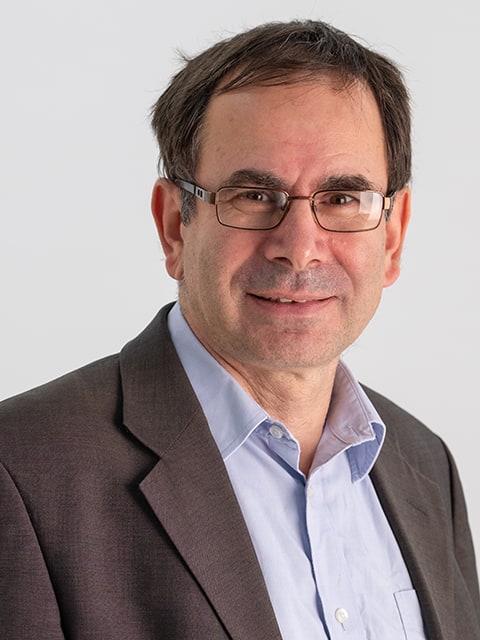Loughborough work to establish the UK Living Wage – based on the minimum income needed to support a basic lifestyle – has been named as one of the country’s most important academic accomplishments.
Universities UK has compiled a list of discoveries, innovations and social initiatives made by researchers at institutions across Britain and Northern Ireland that have had a positive impact on people’s lives.
The MadeAtUni campaign highlighted Professor Donald Hirsch’s research on the Living Wage, carried out at Loughborough’s Centre for Research in Social Policy (CRSP), among breakthroughs which also include penicillin, television and ultrasound scans which check the health of unborn babies.
The voluntary living wage is adopted by thousands of employers throughout the UK and is calculated using CRSP’s Minimum Income Standard, an ongoing research programme funded by the Joseph Rowntree Foundation.
Prof Hirsch, the CRSP director, said: “Our centre's research on what people need for a decent life is grounded in the real world, both in the way we collect our data and in the impact it is now having on people's lives.
“We talk in depth to groups of members of the public about what you need in order to meet your material needs and to participate in society.
“This produces the Minimum Income Standard, which has been taken up as a means of calculating the Living Wage, now paid by almost 5,000 employers throughout the UK.”
Over 100 universities submitted a nomination to the Breakthrough list and the entries cover health, technology, environment, family, community and culture and sport.
Prof Hirsch said: "We are delighted that this has been recognised as an example of a key 'breakthrough' made by UK universities.
“It's a breakthrough because there was previously no well-evidenced method for calculating how much you need to live on, regularly updated to be useful in policy and practice.
“We are certainly pleased to be put alongside the invention of TV as a 'breakthrough'."
